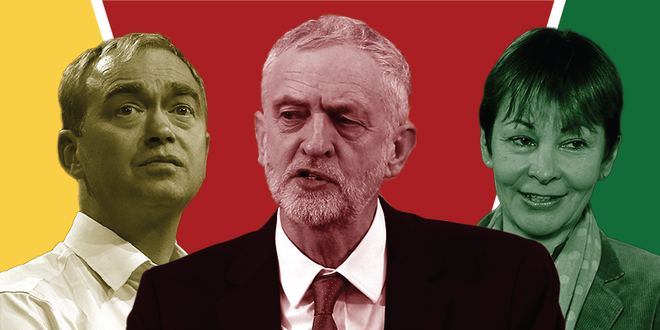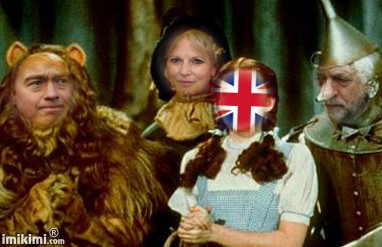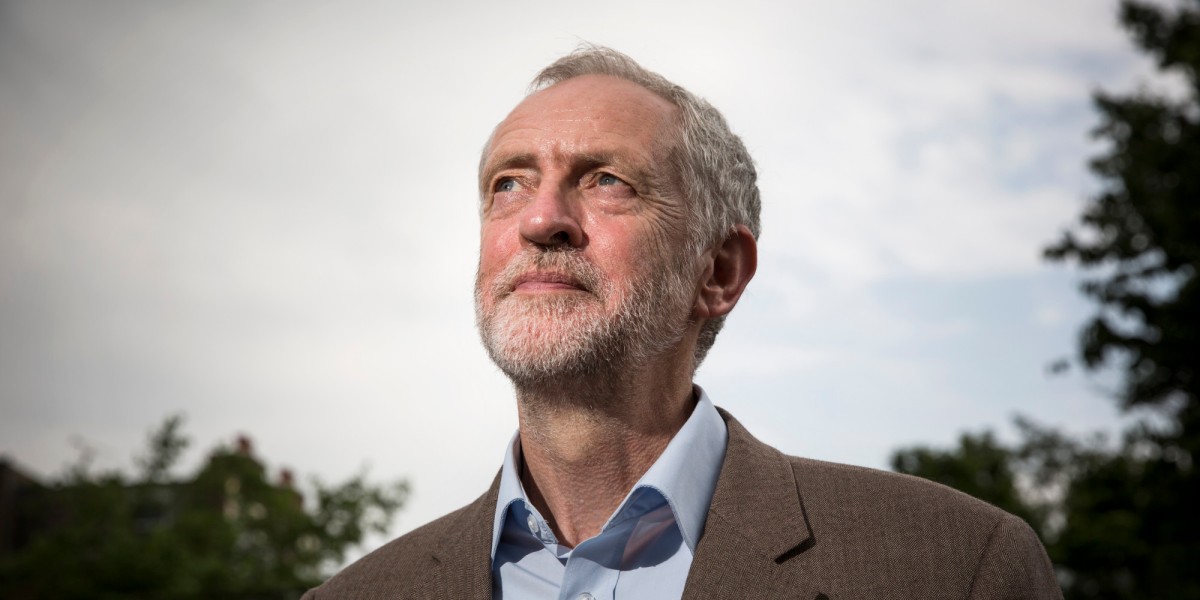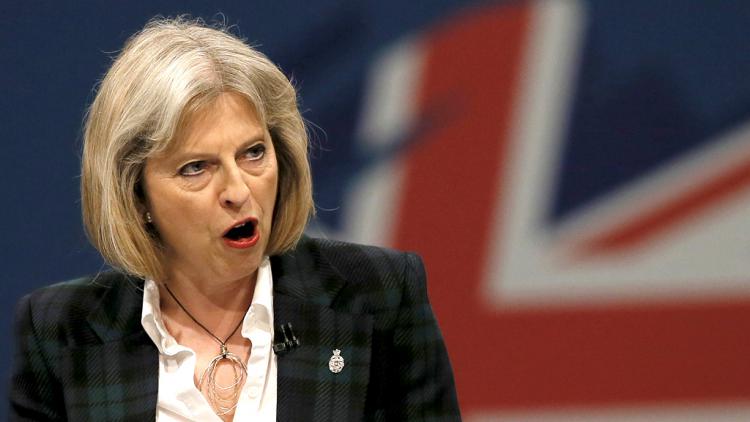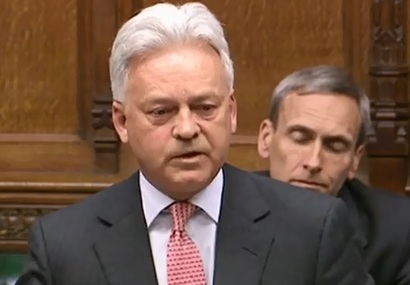I’ve been passionate about working with children for over a decade. I have 7 years teaching experience, but 3 weeks in a British school on a placement, during my post graduate degree, almost put me off the profession forever. I wanted to share my story to highlight the precarious situation our education system is in, as well as prepare future students for the worst.
My first impression of the placement was positive. It is classified as ‘outstanding’ by Ofsted in an area of high deprivation. I have always believed that education is the silver bullet for solving social inequality, so I was very excited to develop my teaching skills in this particular school. I was involved in a week’s intensive phonics program for 5-year olds at first. This is part and parcel of every child’s experience when entering primary schools to raise literacy standards set by the government. Despite the heavy concentration on one topic for the children, it wasn’t the worst way to start my placement given the importance of understanding the teaching methods behind phonics for early learning. At the end of the week I was given a chance to be fully creative and make my own lesson plan. My philosophy with primary school children is to always attempt to have multi-sensory learning environments with lots of movement, expression and discussion, so I created a phonics lesson which I called “Tiki Phonics”. It basically involved lots of benches for balance, floor mats, teachers running around in Polynesian face masks, children having to complete obstacle challenges for laminated paper diamonds and – most importantly – articulating all 44 phonic sounds at random points. There was tribal music, paper treasure chests and a giant animated Tiki mask on a projector ( this is an example of the kind of lesson plans I like to deliver on a daily basis). After a tough week I was delighted to see sixty five-year-olds laughing and smiling, when they had previously looked run down from having phonics picture cards thrust into their face for hours on end. At the time this felt like a big confidence booster; I thought I was going to excel at this school in the same way I had done in previous education experiences.
The classrooms were pleasant enough looking, but very cramped for 30 children. During carpet time, all children sit crossed legged on the floor to watch the teacher. This is useful for reading activities or presentations . However, at least 10 of the children were spilling over the edges, but then, to my disgust, they were made to squeeze back onto the carpet. Just think about being packed onto a carpet, crossed legged, brushing shoulders with 29 other students. And these 5-year olds are expected to sit upright and silent. I observed children wriggling, poking each other, chatting with the person next to them, fighting, whilst battling with the teacher who is trying to retain control and deliver presentation-heavy lesson plans. This could be argued as necessary, but this particular school had many days which involved five and a half hours of mathematics and English lessons, with only half an hour of actual play time outside. Is it any wonder these children cannot sit still or are yearning for discussion and social interaction? Lessons in creative subjects, or ones that at least involved movement were regularly rescheduled if the children hadn’t finished enough maths or English work. To my absolute horror, children were occasionally kept inside during break and lunch periods to catch up with class work. Children who were already made to feel guilty for exerting too much energy or interacting with each other during class time, were having their one chance of proper play during the day taken away from them.
The twisted logic of the school schedule only became clear after I had started failing in this placement. Because the government now expects to see evidence of children’s progression per lesson, with the focus on maths and English, children HAVE to complete the work set out or it sets the whole school schedule of learning back. For some children you could see this was visually stressful. In this one class, at least 10 were classified as “special educational needs”, yet what most of these children need Isn’t additional support to complete classwork, they need emotional guidance and social interaction. In short, they need to play, have fun and learn how to build relationships. I can see the arguments for sticking to a process, all children must move forward with their learning, but the stress of government intervention and its narrow definition of progress, do not take into account the emotional, personal or social needs of children. Ironically, there is heaps of academic evidence which suggests personal, social and academic achievement are mutually beneficial to each other. In-fact, it was taught to us as fundamentally crucial to a child’s development during teacher-training at university
The lessons were terrifying to plan. Usually in mathematics (and the way I was trained) I start with a simple concept and develop deeper meaning gradually. For example, I start with basic addition, and for children who excel I can move them on to harder questions and look at the groupings of numbers as a quick method for harder sums. It’s a great strategy as It works in a mixed ability group and doesn’t segregate children. For every lesson in this school however, I was expected to teach five-year-olds multiple concepts in an intensive hour every day. My first maths lesson involved addition, subtraction, multiplication, division, roman numerals and measuring with rulers with 10 minutes gap between each concept to practice.
Once I started, I realised I didn’t have the full attention of many of the children and behaviour was difficult to manage, I already had the stress of forcing children to basically sit on top of each other on this tiny carpet space. So, I decided to move the children into a circle and asked each of the children to teach me the rules of the school and what is expected of them. I already was aware of these rules, but the idea was to build a relationship with the children and to have them remind themselves and each other of what was expected. The rest of the lesson went ok, children were more manageable, but it couldn’t change the fact that this kind of maths lesson had far too many concepts to learn, I think it would be tough for most adults, let alone children one year out of reception.
This lesson was being observed by a class teacher (part of our assessment process during the Post-Graduate degree). She asked me how I thought it went. I replied, explaining that despite the class not finishing the worksheet, I was happy that we built some bridges and that I think it would be beneficial for behaviour management in the future. She turned to me and said “No, this lesson is a failure, they need to finish the sheets! We are all behind now, and I’m just not sure how you’re going to be able to build up to the appropriate teacher’s standards by the end of this placement”. At this point, my confidence was completely shattered, and I never actually managed to pick up the pieces until long after the placement finished.
After observing a few teachers, I realised that the strategy was to ask the brightest children to answer all questions on the interactive whiteboard, copy the answers on the board and send all the children back to their desks to copy this down. I was ready to do whatever was needed to get through the placement, but eventually I would need to be observed by my university tutor who would not accept this as adequate teaching. Another nightmare to deal with eventually.
The following two weeks were a barrage of criticisms, some of which were paradoxical. I was told my voice was too loud as a man and that it could scare the children, so I became softer, then I was told my voice was not assertive enough. I couldn’t use my own tactics to gain the children’s attention, there was a school policy to tinkle a wind chime, which most children seemed to ignore at the best of times. Another school policy was to only ever point out the positive behaviour of children, which sounds great, until you have 15 out of 30 children talking and you’re only pointing out the positive behaviour of a few children whilst the rest ignore you. You weren’t allowed to ask a child to stop talking, you had to find another child in the class to celebrate as a good example for the other children, who are comfortably ignoring your attempts to quieten them with a soft but assertive voice.
One of the children in that class was particularly troublesome, he used to throw pencils, steal other children’s stationary and spend most of his time trying to distract the other children. I learnt that his parents recently went through a tough divorce which he wasn’t handling well for understandable reasons. This kind of child is the very reason I went into education. I didn’t want children to feel forgotten in the system or to be simply a statistic. I believe that teaching is more then simple fact regurgitating, but actually about developing little human beings to be able to cope with moving into a complex society. With this child, he needed more social interaction, especially with adults where his only recent experience was of aggression, disruption, neglect and trauma. What I wanted was to see him be given a little space from the robustly structured curriculum and for him to spend more time developing the emotional intelligence to cope with his fractured environment. Unfortunately, the school policy demands completion of his class work. My tactic to try and compromise with both approaches was to keep him on his desk during carpet time and spend as much time getting to know this boy, to give him enough attention and support during his classwork and to allow him to express his emotions. I even met with his mother and discussed his behaviour. He had a difficult day in class throwing pencils, stealing toys and throwing books. He hadn’t completed much work. She told me she would punish him and made it clear that she always punishes her children. I advised her that I thought this was counter-productive and suggested instead a few getting-to-know-you games and spending as much quality time with him as possible.
The next day I had an impromptu sit-down meeting with my class teacher, who pulled me aside to make it clear that “it had been noticed” that I was giving this boy an unnatural amount of attention which had raised warning flags with members of staff . Any teacher, especially a male teacher in primary education, will understand that this is a terrifying thing to be told. Even though there wasn’t any specific allegation, it caused me to completely panic about trying to build any professional relationships with any of the children for the rest of placement. Something counter-intuitive to my entire education philosophy. To my horror, she had also sat in front of my university tutor and failed me on my ability to interact with parents. Apparently, this child was on a behaviour monitoring system I was not made aware of, which was being deliberately doctored so that the parent only ever received positive news. My truthful dialogue and advice were different to the information given by the school. From then on, I was meant to ignore this boy and just accept his behaviour and follow the school policy which involved several visits to the “calm corner” where he had a behaviour card which he was meant to read and reflect on, the same card he used to chuck as soon as he sat down and proceed to jump on the chair and start throwing pencils again.
The worst period was straight after break or lunchtime. The children are meant to line up in front of the teacher on the playground before walking back to class. In my previous experiences, I used to wait until the children were quiet and settled before walking calmly to lesson. This helps with the transition between playground and classroom learning. However, this school had a policy of “get the children in as quickly as possible” and deal with the behaviour once in the classroom. I was explicitly (and hyperbolically) told during a meeting when I raised this issue “we’re not the military, we don’t expect our children to frog march into class!”
So, by my final lessons, I’m walking into the class with an energetic rabble behind me – children shouting, running, wrestling – I stand back as the children fly past me through the door. By the time I’m inside I’m watching what can only be described as an anarchic zoo, I’m tinkling these wind chimes which by now 90% of the children are ignoring, I’m desperately trying to gain control using my “don’t scare the children” soft voice, but only pointing out the positive behaviour of the two children sitting quietly as chaos reigns around them. The boy I was working with has proceeded to throw things at the other children, but I’m having to ignore his behaviour due to it being too “unnatural” to give him too much attention. Before attempting to teach all these five-year-olds six different mathematical concepts which they have to finish otherwise the children, school and myself all fail to keep up with appropriate progression.
My final meeting involves the worst grilling I’ve had in any job. I’m sitting whilst my class teacher highlights several areas in which I’m failing, watching seven years of positive experiences and a developed confidence go up in flames. I had fallen so far from my initial successful lesson. My “Tiki” phonics lesson involving sixty happy children rushing around a Polynesian themed sports hall, was still not enough to convince the class teacher not to fail me on my ability to inspire and motivate children in learning.
I hate moaning, but I literally have had positive experiences from all my jobs in education. I’ve received glowering references from every school I’ve worked in. But this school which destroyed me has convinced me never to teach in England again. If this is an example of an “outstanding school” then I don’t want to be part of that system. Ironically, I received a teaching qualification recognised round the world but didn’t achieve qualified status to teach in comprehensive schools in England. Since that traumatic experience I’ve worked in a short-term contract for an international school where I was presented an award for my creative teaching and dedication. I’ve now moved abroad and found further success, featuring in a national education magazine for my innovative lesson plans.
My advice to prospective teachers is that an “outstanding school”, based on our government’s narrow definition of success, may be exactly the opposite of what you are trying to achieve as a professional educator. I also write this to demonstrate the awful direction education is going down in our country, where Ofsted completely misses the values of holistic education. Literacy standards may be improving, but this heavy handed approach is turning away teachers, creating a recruitment crisis and ramping up a mental health epidemic in our schools for our children.

